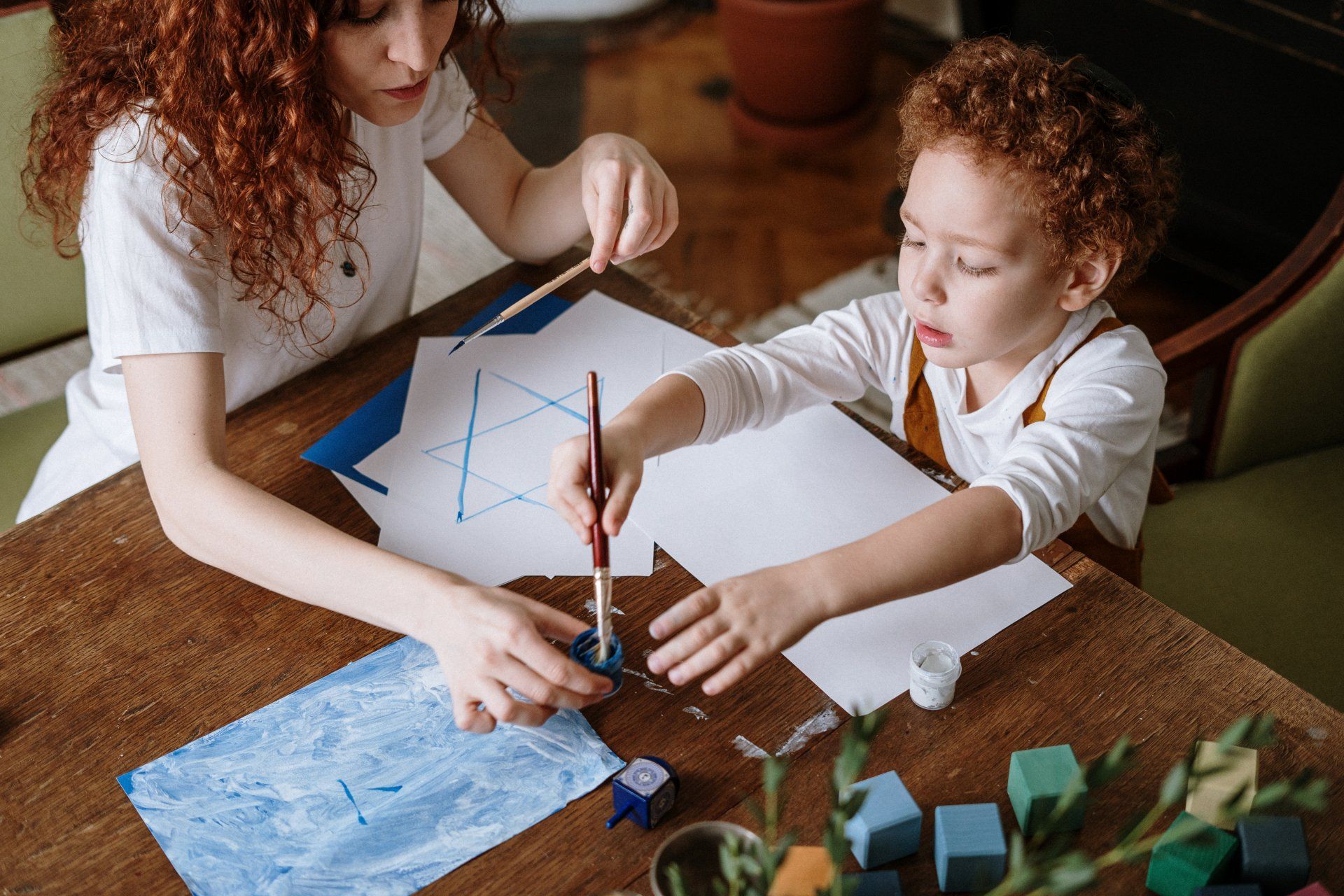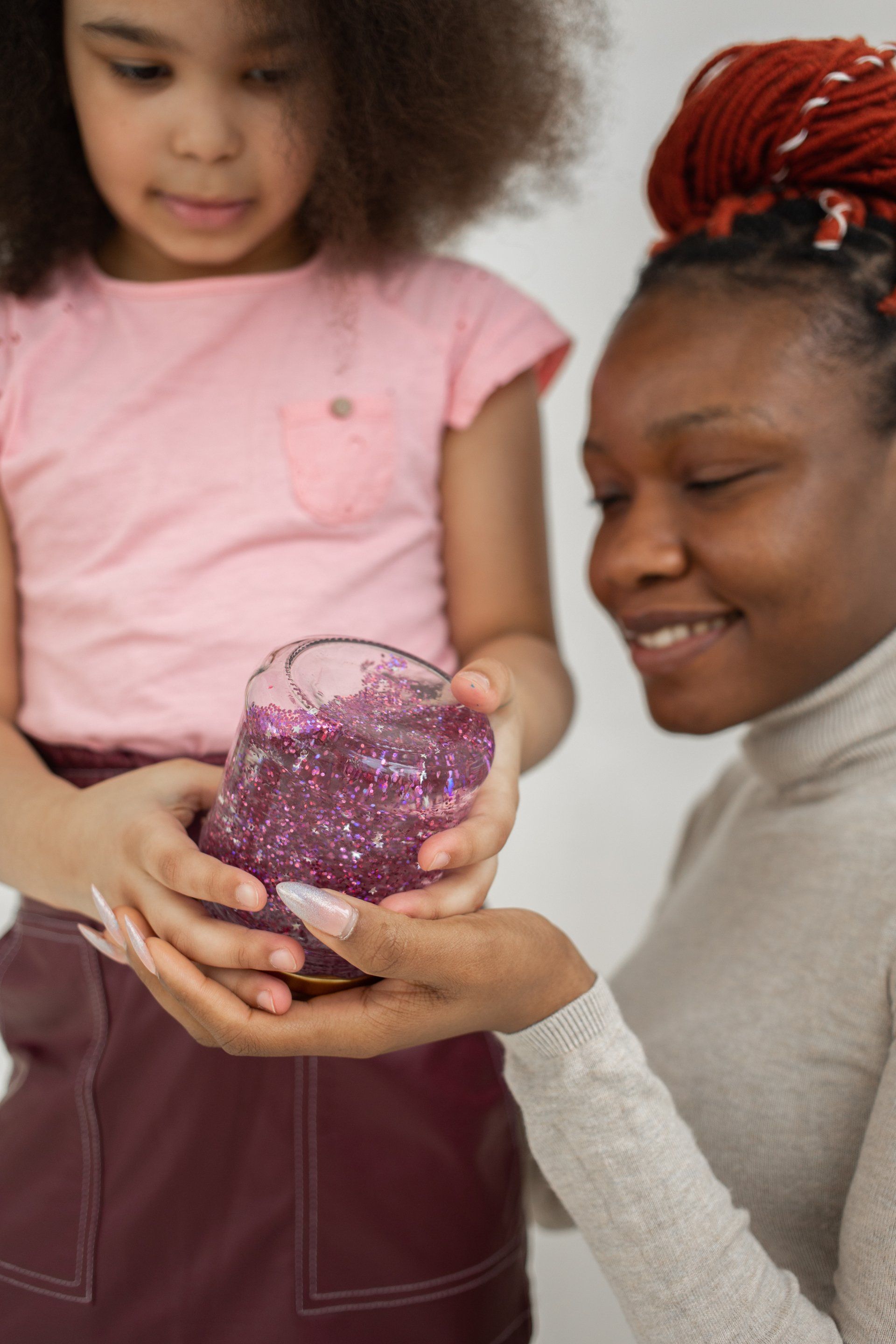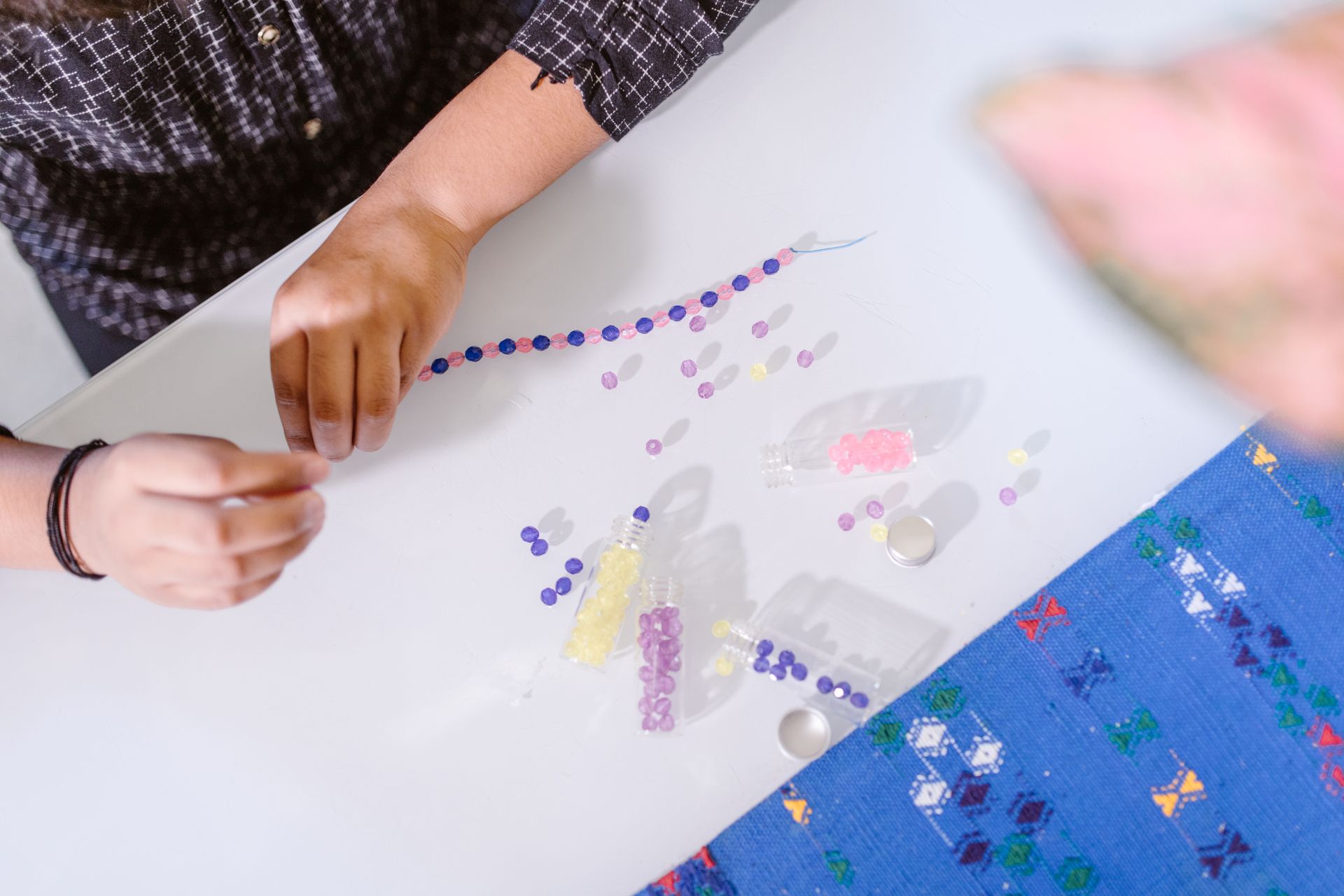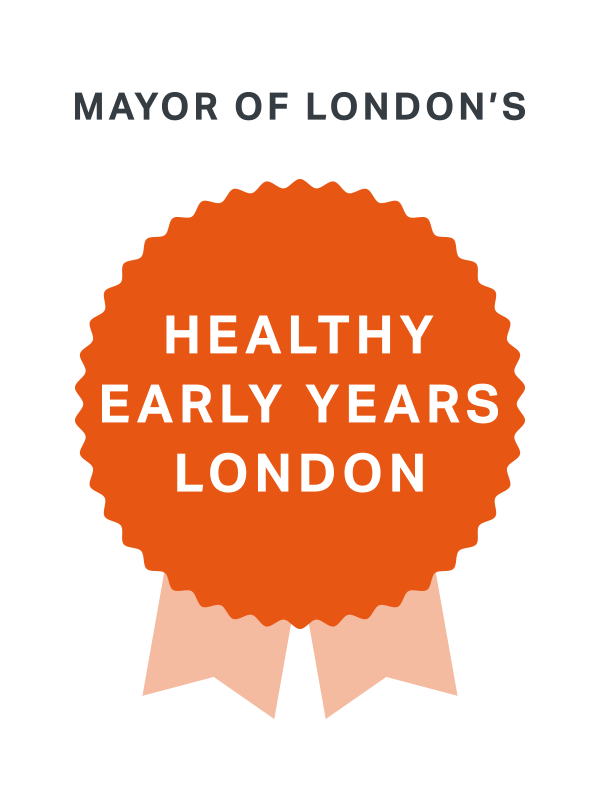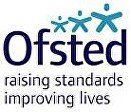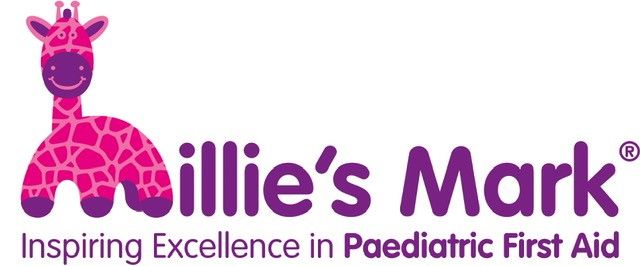The Importance of Play in Early Childhood Development
The Importance of Play in Early Childhood Development
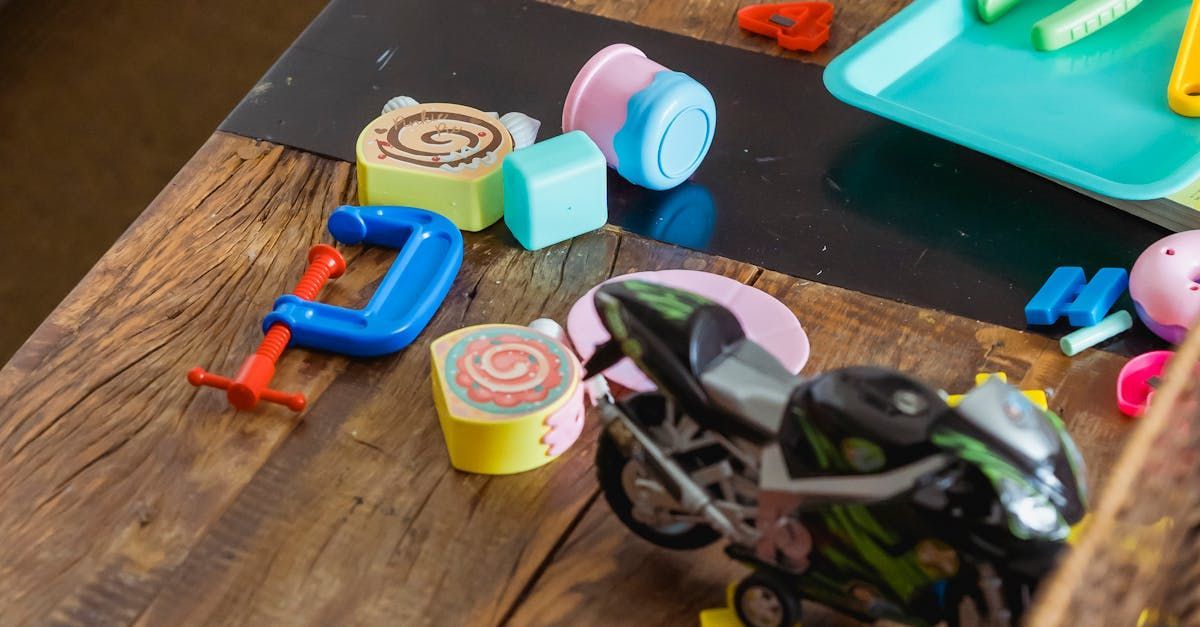
Play is an essential component of early childhood development, offering a myriad of benefits that contribute to a child’s cognitive, physical, social, and emotional growth. For parents and educators, understanding the significance of play is crucial in fostering an environment where children can thrive. This blog aims to educate on the various benefits of play and provide practical advice on how to integrate play into everyday routines.
The Different Types of Play
Free Play
Free play, often spontaneous and child-directed, is a vital aspect of a child's development. It includes activities like drawing, building with blocks, or playing dress-up. This type of play encourages creativity, problem-solving skills, and self-regulation as children learn to entertain themselves and navigate their imaginary worlds.
Structured Play
Structured play involves activities with specific rules or guidelines, often led by an adult or following a predefined pattern. Examples include board games, sports, and classroom activities. Structured play helps children learn to follow rules, work in teams, and set and achieve goals.
Physical Play
Physical play includes activities that involve physical movement, such as running, jumping, or climbing. It is essential for developing motor skills, enhancing physical health, and improving coordination. Activities like playing tag, riding a bike, or participating in sports are excellent examples.
Social Play
Social play occurs when children engage in play with others, learning to communicate, share, and cooperate. Games like playing house, participating in group activities, or simple interactions on the playground help children develop social skills and empathy.
Cognitive Development through Play
How Play Enhances Cognitive Skills
Through various forms of play, children develop crucial cognitive skills. Problem-solving activities, such as puzzles or building blocks, enhance their ability to think critically and creatively. Role-playing and imaginative games allow children to explore different scenarios and develop their understanding of the world around them.
Play and Language Development
Interactive play is a powerful tool for language development. Children expand their vocabulary and improve their communication skills through conversations during play. Storytelling and pretend play also encourage children to use language in new and creative ways.
Physical Development through Play
Gross Motor Skills
Activities that involve large muscle movements, such as running, jumping, or playing ball games, are vital for developing gross motor skills. These activities help children gain strength, balance, and coordination.
Fine Motor Skills
Fine motor skills involve the coordination of small muscles, such as those in the hands and fingers. Activities like drawing, cutting with scissors, or playing with small objects enhance hand-eye coordination and precision.
Health Benefits
Physical play promotes overall health and fitness. Regular physical activity helps children maintain a healthy weight, strengthens their muscles and bones, and contributes to their overall well-being.
Social and Emotional Development through Play
Building Relationships
Play provides a natural setting for children to interact with their peers and form relationships. Through play, children learn to navigate social dynamics, communicate effectively, and build friendships.
Developing Emotional Intelligence
Emotional intelligence involves recognising and managing one’s own emotions and understanding others’ emotions. Play helps children express their feelings, cope with different situations, and develop empathy.
Empathy and Cooperation
Through cooperative play, children learn to understand others' perspectives, share, and work together. These experiences are foundational for developing empathy and cooperative skills.
The Role of Parents and Educators
Creating a Play-Friendly Environment
Parents and educators play a crucial role in creating environments that encourage play. Providing a safe and stimulating space with a variety of toys and materials can inspire children to engage in different types of play.
Guiding and Observing Play
Knowing when to step in and when to allow children to lead their play is essential. Adults can offer support and guidance without taking over, allowing children to explore and learn independently.
Encouraging Diverse Play Activities
Introducing various forms of play helps promote holistic development. Encouraging a mix of free play, structured play, physical activities, and social interactions ensures children gain a broad range of skills.
Challenges and Solutions
Limited Playtime
With busy schedules, finding time for play can be challenging. Incorporating play into daily routines, such as playtime during breaks or integrating playful learning activities, can help ensure children get enough playtime.
Screen Time vs. Play Time
Balancing digital activities with physical and social play is crucial. Setting limits on screen time and encouraging outdoor play and interactive activities can help maintain a healthy balance.
Safety Concerns
Ensuring safe play environments is a top priority. Regularly checking play areas and equipment, supervising children during play, and teaching them about safety rules can help prevent accidents.
Conclusion
In summary, play is a fundamental aspect of early childhood development that offers countless benefits. By prioritising play, parents and educators can support children in developing the cognitive, physical, social, and emotional skills necessary for a healthy and successful future. Encouraging diverse play activities and creating supportive environments will help children thrive and reach their full potential.
Frequently Asked Questions (FAQ)
Q: How much playtime is recommended for young children?
A: It is generally recommended that young children get at least one hour of active play each day, though more is often beneficial.
Q: What are some good examples of free play activities?
A: Free play activities include drawing, playing with blocks, dress-up games, and imaginative play with toys.
Q: How can I encourage my child to play more and use less screen time?
A: Set specific limits on screen time, provide a variety of engaging play options, and participate in play activities with your child to model healthy habits.
Q: Are there any safety tips for outdoor play?
A: Ensure the play area is safe and free of hazards, supervise children during play, and teach them basic safety rules, such as looking both ways before crossing the street.
Q: How does play help with emotional development?
A: Play allows children to express their emotions, cope with different situations, and develop empathy by understanding others' perspectives during social play.
Q: Can structured play be as beneficial as free play?
A: Yes, structured play offers different benefits, such as learning to follow rules, teamwork, and goal-setting, which complement the skills developed during free play.
Q: What types of toys are best for promoting cognitive development?
A: Toys that encourage problem-solving, creativity, and critical thinking, such as puzzles, building blocks, and role-playing sets, are excellent for cognitive development.
By understanding and supporting the importance of play in early childhood development, parents and educators can help children build a strong foundation for future learning and growth.



